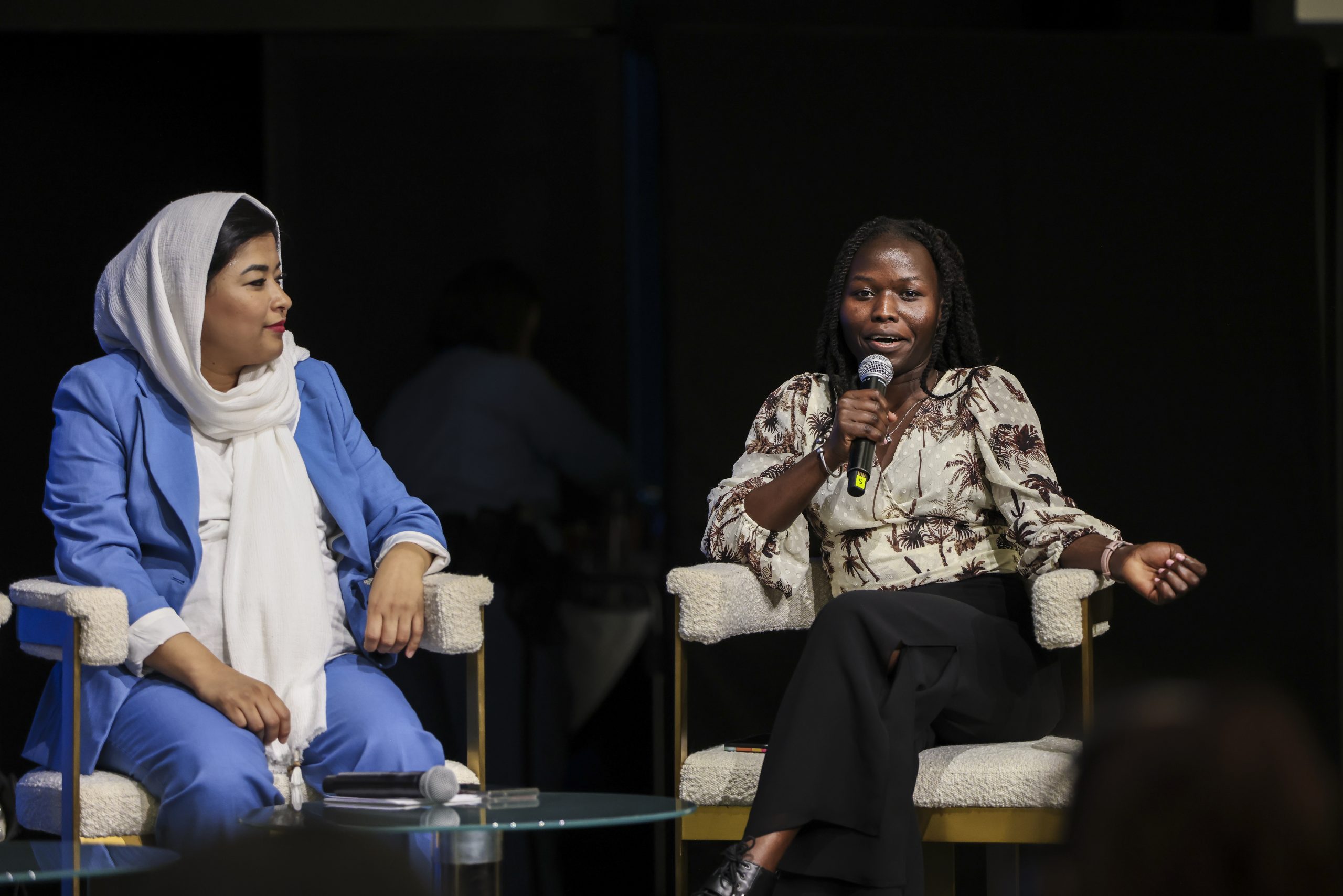The Course on Advocacy for Protection presents the key elements for supporting the transformation of policies public perception of refugees, internally displaced persons (IDPs), stateless people and migrants. Based on the main protection principles deriving from International Refugee Law, Human Rights Law and Humanitarian Law, the Course assesses challenges and opportunities related to given protection situations and identifies relevant stakeholders towards which advocacy interventions can be addressed. To make sure that advocacy efforts are effective and sustainable, specific focus is also dedicated to practical sessions on protection analysis, advocacy strategies design and message crafting.
The Course is guided by a bottom-up approach, and therefore targets members of non-governmental and civil society organizations, including grass roots and field-based entities, academics and journalists. The training also addresses other relevant stakeholders in a position to conduct advocacy interventions with their governments and publics at large. It is important for participants to have a very good knowledge of the language of the Course, in order to be able to consult background materials, attend lessons, and participate in group works and discussions (no simultaneous translation is available).
The Online Course is structured into live and self-paced sessions, with the objective to provide an in-depth analysis of the subject of the training, including cross-cutting issues.
The Course strikes a balance between theory and practice and is delivered through a participatory and creative teaching methodology, aimed at facilitating the learning process and implementing the knowledge gained throughout the training. Sessions include lectures, presentations, case studies, group work, audio- visual support, and other activities, which respond to the various learning styles of a diversified audience. Speakers delivering the sessions consist of renowned experts on international protection and advocacy from around the world.
